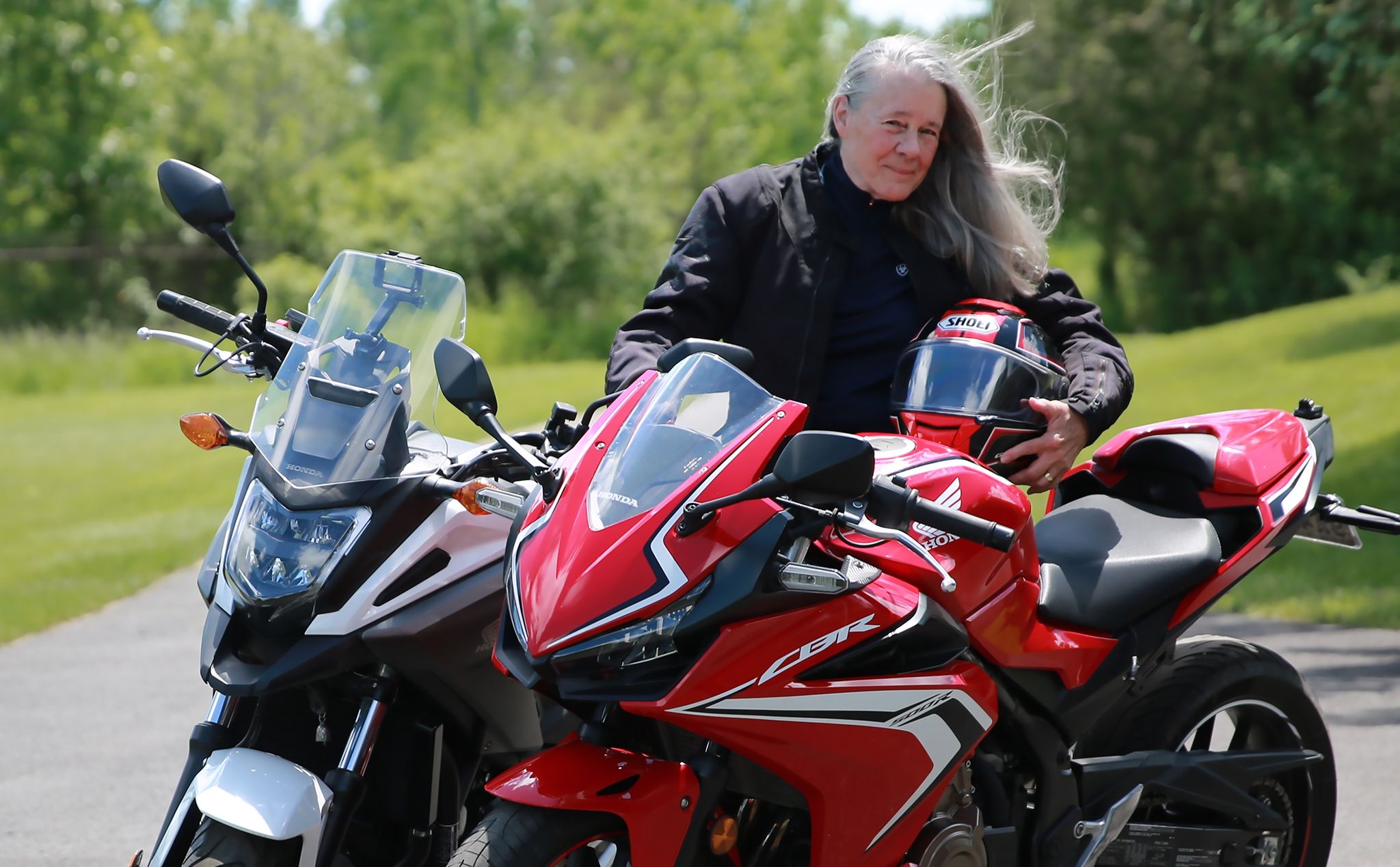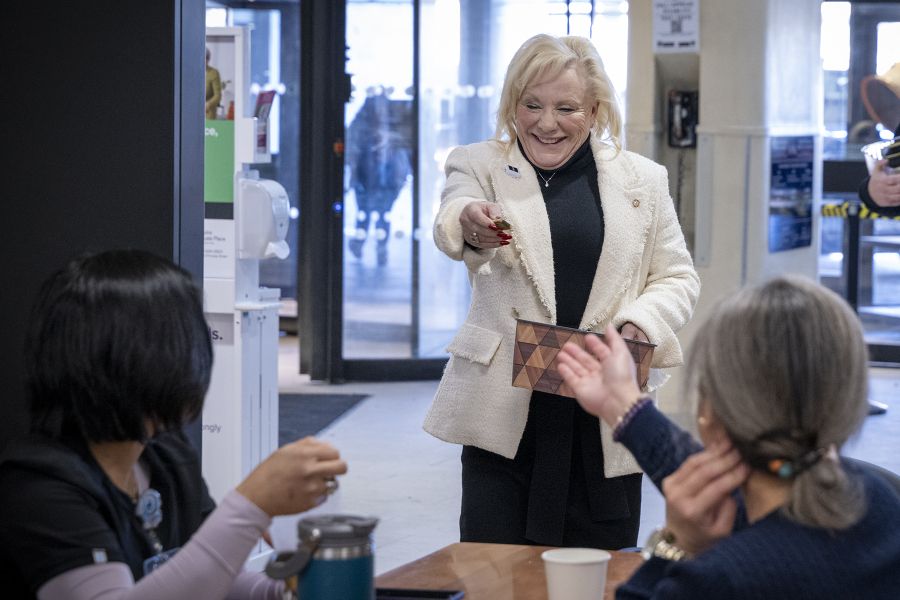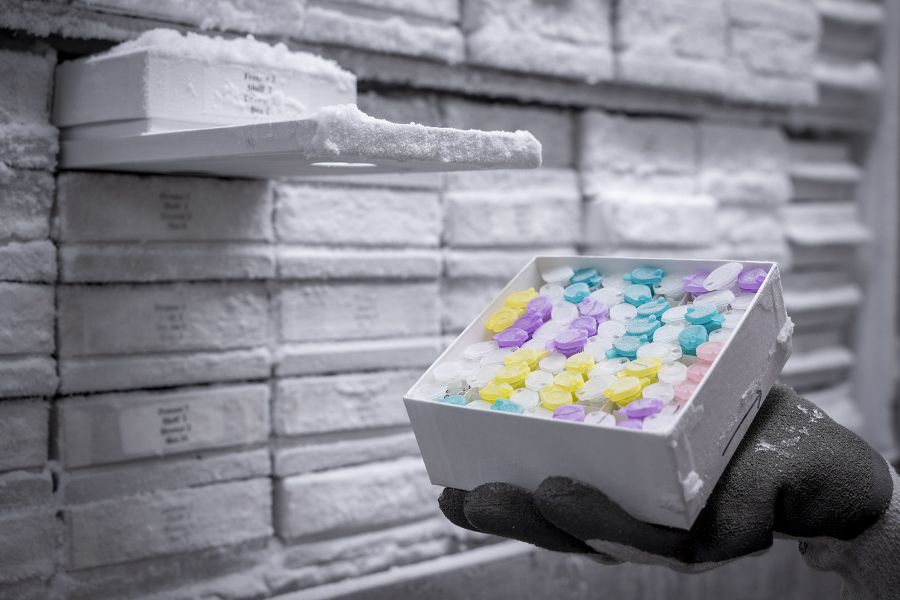
As the trauma centre for southeastern Ontario, Kingston Health Sciences Centre (KHSC) is expecting the Victoria Day long weekend to kick off a busier time of year for its care teams.
“The chances of serious injury increases as more people take to the roads, lakes and trails to enjoy the warmer weather,” says Dr. Chris Evans, head of KHSC’s trauma service, which each year receives around 350 patients from across the southeast region and those passing through.
While many accidents and their devastating outcomes can be avoided by taking extra caution, slowing down and wearing protective equipment, some are hard to avoid.
“The fawn ran straight into my bike, catapulting me onto the pavement.”
Before July 23, 2023, Heather Bashow had never broken a bone, and in her 50 years of motorcycle riding, had never been thrown off her bike.
That perfect record changed while on a lean in a right corner, heading east on Crow Lake Road, just over an hour north of Kingston.
“It was midday, road conditions were fine, but that area of the road has trees right up the road, and at that angle and looking through the corner, I couldn’t see that a doe and older fawn were on the opposite side of the road,” recalls Bashow.
“My bike must have startled them and they darted straight across the road. The doe got past me, but the fawn ran straight into my bike, catapulting me onto the pavement.”
Luckily, she was riding with a friend who got through to 9-1-1. A police officer and ambulance attended the scene. She was taken to Perth and Smiths Fall District Hospital where she was stabilized enough to be airlifted to Kingston Health Sciences Centre to receive advanced care.
Being in the wrong place at the wrong second in time (and never seeing the fawn until it hit her) resulted in 16 broken or fractured bones, a shattered spleen, a concussion and being in a coma for 36 hours.
In the right place to receive the right care
At KHSC, Bashow needed a chest tube inserted to drain the blood that wasn’t supposed to be between the linings of her left lung – a common procedure performed by the trauma team in the Emergency Department.
She also needed embolization, a procedure done by the interventional radiology team that, in Bashow’s case, involved using a flexible tube called a catheter to insert five metallic coils into precise locations in an artery to stop the bleeding in her spleen.
And, when her broken left collarbone failed to heal properly and was badly displaced, KHSC’s orthopedic surgery team performed surgery to reset it.
“Dr. Mann did the surgery and did a brilliant job. The scar is hardly visible and there was and is no pain in the area,” says Bashow. “I received excellent care from all the doctors and nurses involved in my care – they saved my life.”
After five days in the intensive care unit and five days in a medicine unit, she was back home with home-care support to help with daily activities of life like showering. She also attended physiotherapy for her left shoulder.
Up until recently, Bashow continued to have range-of-motion issues in her neck and shoulder and had lowered energy.
Life after a serious injury
“The damage from the accident defined my life for many months, but earlier this month I spent eight days away with friends riding the Tail of the Dragon in Tennessee, which I felt put a period at the end of that time in my life.
“The remaining issues I had before this trip are now completely gone. After the physio of riding, I am now fully recovered.”
When asked if she had any advice for drivers and riders to help people avoid the incidents that can be prevented, she offered the following:
"For motorcyclists:
- Ride as though everyone out there is on a mission to kill you.
- At intersections, watch any stopped drivers for any sign of movement.
- Expect drivers to be distracted.
- Wear proper motorcycle gear and an excellent helmet.
- This is a big one: Ride within your skill set, particularly if riding with more experienced riders.
"For drivers:
- Put down your damned phones."
“We wish everyone a safe summer and hope most people can take the necessary steps to avoid a trip in an ambulance or helicopter to our Emergency Department,” says Dr. Evans. “But if you do need us, our teams will be ready to help.”



